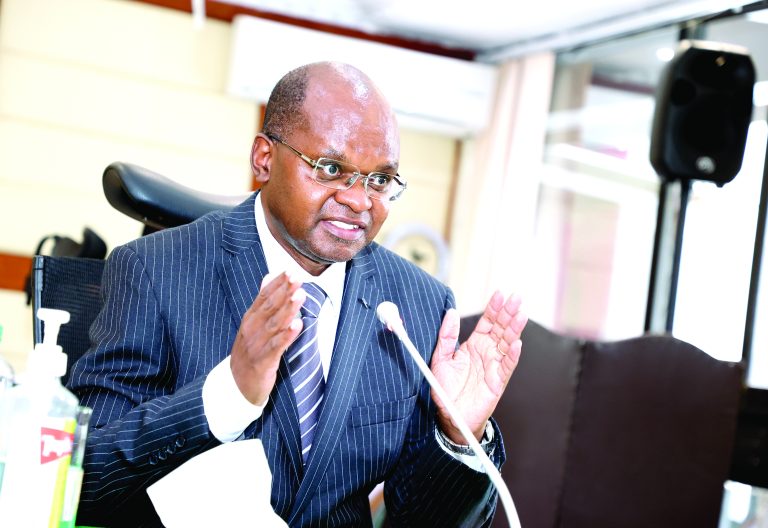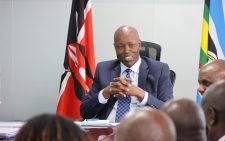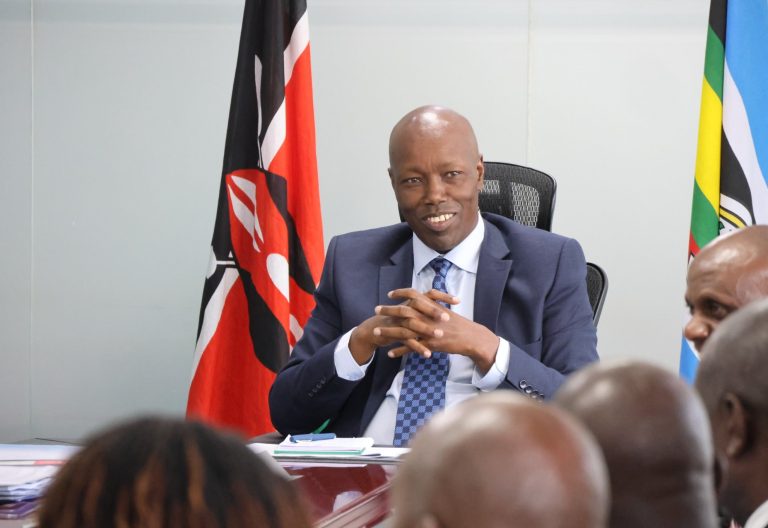Parliament: We cannot audit reports within three months

County chiefs, Principal Secretaries (PSs) and other accounting officers are likely to get away with serious accountability questions on the billions they receive if a deadline for considering the audit reports must remain within 90 days.
A Nairobi High Court ruled that Parliament shall debate, consider and take appropriate action within three months of the Auditor General’s publication of the reports.
The Constitution states that within three months of receiving an audit report, Parliament or the county assembly shall debate and consider the report and take appropriate action.
Senate has called for a special sitting this morning to among other things table reports of the county government executives and other special funds.
Lawmakers are now poking holes in both the provision and the ruling, saying that it is impossible to examine hundreds of the audit reports of all public entities within the stipulated three months.
Legal loophole
Members of both Houses’ watchdog committees contend that the judge who made the ruling did not take into consideration other matters because they were not party to the case and did not present their views.
In the judgment by the High Court, Justice Jairus Ngaah barred Parliament and county assemblies from considering any audit reports three months after receiving them from the Auditor General.
The judgement essential provides a window for the accounting officers, especially governors who are defined as the county executive officers, and PSs, who are the accounting officers in their respective ministries, to escape accountability.
Besides the reports for the 47 devolved units, the Senate also considers various funds, hospitals and investments by the counties. The National Assembly, on the other hand, deals with all audits for ministries, departments, agencies, referral hospitals and learning institutions among others.
Senators Moses Kajwang’ (Homa Bay), Godfrey Osotsi (Vihiga), Edwin Sifuna (Nairobi), Enock Wambua (Kitui), Okiya Omtatah (Busia) and National Assembly Clerk Samuel Njoroge came out categorically, stating that several individuals will get away with accountability queries.
County Public Accounts Committee (CPAC) Chair Kajwang’ accused the county bosses of using the courts to shield themselves from accountability.
According to Kajwang’, the county equitable share is still dependent on audited accounts as approved by Parliament, which is currently behind schedule.
“The judgement of the court refused to take into account some challenges of auditing the funds. There can’t be a timeline within which accountability should happen. We have considered all the audit reports and management responses from county governments within the March 31 deadline,” said Wambua, arguing that accountability engagement must continue for as long as it will take to ensure safe custody of public resources sent to county governments.
On his part, Sifuna decried that the decision of the court was unfortunate and a big blow to accountability in the country
“We as Senate have applied for review of the decision and I would not want to comment beyond that,” charged Sifuna.
The senators faulted the judgement saying the judge should have offered a transition for Parliament to complete the reports before its committee.
“In such judgements, the courts usually take notice of the situation and provide a mechanism for handling such matters,” intoned Omtatah.
Heavy workload
The Clerk to the National Assembly argued that it was practically impossible to consider all the audit reports within 90 days, adding that it is the people who will get a raw deal, not parliament.
“It is impossible unless someone wants Parliament to just tick a box,” opined Njoroge, further explaining that there are about 250 parastatals, 400 training teachers’ colleges, technical, vocational training educational institutions, state departments, ministries, public schools, political parties and independent offices and commissions’ reports that need to be examined.
His Senate counterpart Jeremiah Nyegenye, while admitting that the oversight for public funds will be difficult said that the Senate had sought a review of the ruling.
“Senate applied for review of the judgment of the High Court putting forward the difficulties faced by the Senate owing to the judgment. The review application has been heard before Justice Roselyne Aburili and the ruling is set for May 6, 2025,” said Nyegenye.
Osotsi on his part asked Judiciary not to impede on the work of the legislators and instead work in collaboration so that public funds are accountable to the responsible personnel.
“The court should have given a sunset period because National Assembly had a backlog of three years while Senate has a backlog of two years. The judiciary should not impede the legislature,” charged Osotsi.
As at yesterday, only a handful of governors had appeared before the Senate’s public investments and special funds committees, including Simba Arati (Kisii), Gideon Mungaro (Kilifi), Fernandes Barasa (Kakamega), Paul Otuoma (Busia), Lati Lemelit (Samburu), Jonathan Bii (Uasin Gishu), Stephen Sang (Nandi), Fatuma Achani (Kwale), Ahmed Abdullahi (Wajir), Dhadho Godana (Tana River) and Andrew Mwadime (Taita Taveta).
Governors Simba Arati (Kisii), Anne Waiguru (Kirinyaga) and Amos Nyaribo (Nyamira) have appeared before the dreaded CPAC, leaving out 44 governors who are yet to answer to the audit queries.












